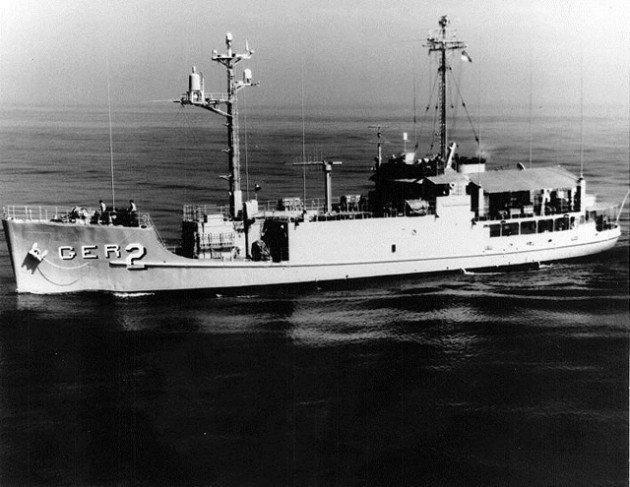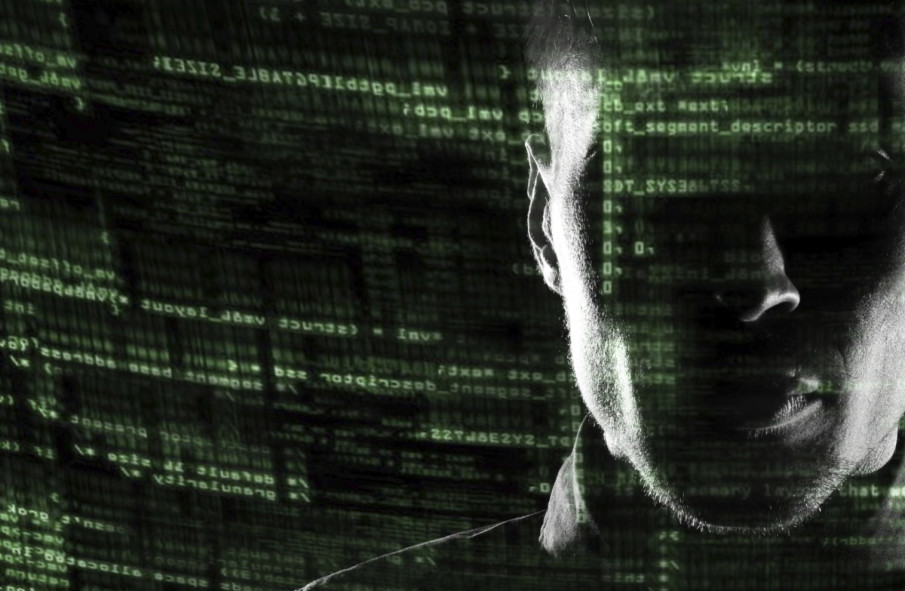For the record, it should be noted that given the reach and sway of big business, that definition might be amended to read, “Economic espionage is conducted or orchestrated by governments and some larger corporations.”
National intelligence is defined as “Integrated departmental intelligence that covers the broad aspects of national policy and national security, is of concern to more than one department or agency, and transcends the exclusive competence of a single department or agency.”
The CIA’s website says that one (as there are many) definition of intelligence is as follows:
“The product resulting from the collection, evaluation, collation, interpretation, [and] analysis of all available information concerning the intentions, capabilities and objectives of other countries which are significant to a government’s development and execution of plans, policies, decisions, and courses of action.”
These definitions are not that dissimilar, and by looking at examples of one and comparing them to the other, we can see why.
If one were to study the two topics, they would find that the similarities between the two are pretty striking, especially the methods. Corporate intelligence relies on techniques such as recruitment, surveillance (physical and electronic), profiling of corporate personnel, information assurance, and elicitation training to gain any advantage. And competing companies are keen on profiling business leaders and others that influence the market. National intelligence agencies utilize those same methods to gain the information needed by policymakers. Recent examples give us a glimpse into just how closely related the two can be.
In 2006, Michael Mitchell left his employer DuPont (some sources say he was fired, I have not been able to confirm this). As many of you know, DuPont is an industrial conglomerate that is most famous for the production of Kevlar, which is used in everything from body armor to jeans. For reasons unknown (but likely following two of the tenets of why people commit espionage—ego and money), after Mitchell left, he approached DuPont’s rival, South Korea’s Kolon Industries, and offered to provide information on Kevlar.
Of note, Kolon was, at the time, one of two companies that manufactured a material on the level of Kevlar’s toughness, so their bosses would have been eager to get their hands on that data. Long story short, Mitchell not only gave them what he had, but went back to his old company and elicited intel, and then recruited two more employees to provide him with additional assistance. And he got caught. He was sentenced to 18 months in prison and ordered to repay over $180,000 to DuPont. For its role, Kolon was ordered to pay $920 million in damages.
On the flip side, almost everyone has heard of the Walker family and their infamous espionage ring. It started in 1968 when Navy Chief Warrant Officer John Walker Jr., distraught over his mounting financial debt, walked into the Soviet embassy in Washington, D.C., and sold a radio cypher card for several thousand dollars. By the time he walked out, Walker had negotiated an ongoing salary of $500-$1000 a week in exchange for information. Interestingly, it was noted by his prosecutors and historians that despite his insistence to the contrary, the infamous capture of the Navy communications ship USS Pueblo by the North Koreans came only one month after Walker first approached the Soviets. It is believed that this incident occurred based on the Soviets’ interest in equipment described by Walker in his reports.

Much like Mitchell in the DuPont case, Walker also enlisted help in his espionage efforts, but his recruits were closer to home. He not only recruited a friend, Jerry Witworth, but also his wife, older brother, and son. Walker tried to recruit his daughter, and even went so far as to offer to pay for an abortion so that she could steal secrets for him after she became pregnant and elected to leave the Navy. She refused. (Father of the year candidate here, right?)
Walker’s undoing came at the hands of his wife, Barbara, who turned him in to the FBI, who ironically refused to investigate the case due to Barbara’s drunken rant when she called the Boston field office. Instead, they turned over the information to the Naval Investigative Service, predecessor to NCIS. All involved in the spy ring were sentenced to life sentences, with the exception of Barbara, who was not charged, and their son Michael, who played a minor role and received a reduced sentence.
Two different cases, but similar motives. Money, greed, and ego do not care if it is for national security or corporate espionage reasons. But do the lines between the two sometimes blur? What happens when governments attempt to subvert or influence corporations, and vice versa? Based on history, we know that it happens. In February of this year, police in Delhi, India, arrested two junior oil ministry officials and three other people for allegedly leaking classified government documents to energy companies.
According to policy, the United States does not engage in espionage on behalf of U.S. corporations. In a 2001 article in National Defense Magazine, then CIA Senior Deputy Counsel John Rizzo mocked sensational stories of the CIA ‘spying’ on behalf of American companies. He indicated that there are good reasons why the CIA steers clear of economic espionage. But he admitted that the agency has ‘relationships’ with American businesses, designed to counter government-sponsored terrorism.
One area where the line between corporate and national intelligence becomes blurred is private contractors. At their best, they are force multipliers and a layer of deniability for the government when used properly. As an example of force multipliers, the CIA utilizes contracted former military (mainly from the special-operations world) as security for its stations and bases, as well as personnel in designated war zones. Civilian contractors also make up a large percentage of personnel in CIA stations, bases, and at headquarters, serving in roles ranging from case officers to support officers. Aside from their pay and certain access restrictions, these contractors perform the same duties as their staff counterparts.
But anyone who ‘follows the shadows’ is aware that not everything is smooth sailing when it comes to the corporate/national-intelligence scheme. Palantir Technologies, a once small start-up and now major contractor for the CIA, has been embroiled in the ‘big brother’ domestic spying scandal brought to light by Edward Snowden, while companies such as the former Blackwater have lobbied to create not only a privatized military, but a privatized intelligence entity as well. In fact, one former senior CIA official, Dewey Clarridge, did just that. Even though he left government sevice over 20 years ago, Clarridge is allegedly still in the spy business, using private donors to run contract case officers in Afghanistan to run operations as late as 2011.
So, in this world of Wikileaks, Edward Snowden, and private corporations linked to domestic spying programs, it appears that the line has been crossed, if only in one direction. As big business continues to get bigger, and more and more CEOs and board members can include the sentence ‘senior government official’ on their resumes, that line seems to get thinner, and corporations may resort to more ruthless tactics to gain the advantage.
(Featured image courtesy of huffpost.com)










COMMENTS